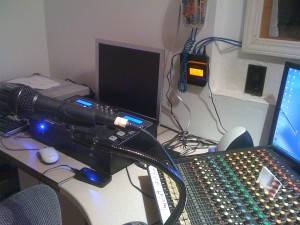Today the House Commerce Committee unanimously passed the Local Radio Act by voice vote, opening up the gates to send the bill for a vote by the full House. This bipartisan action is the best hope the restoration of low-power FM has seen since its wings were clipped back in 2000. When the FCC created […]





